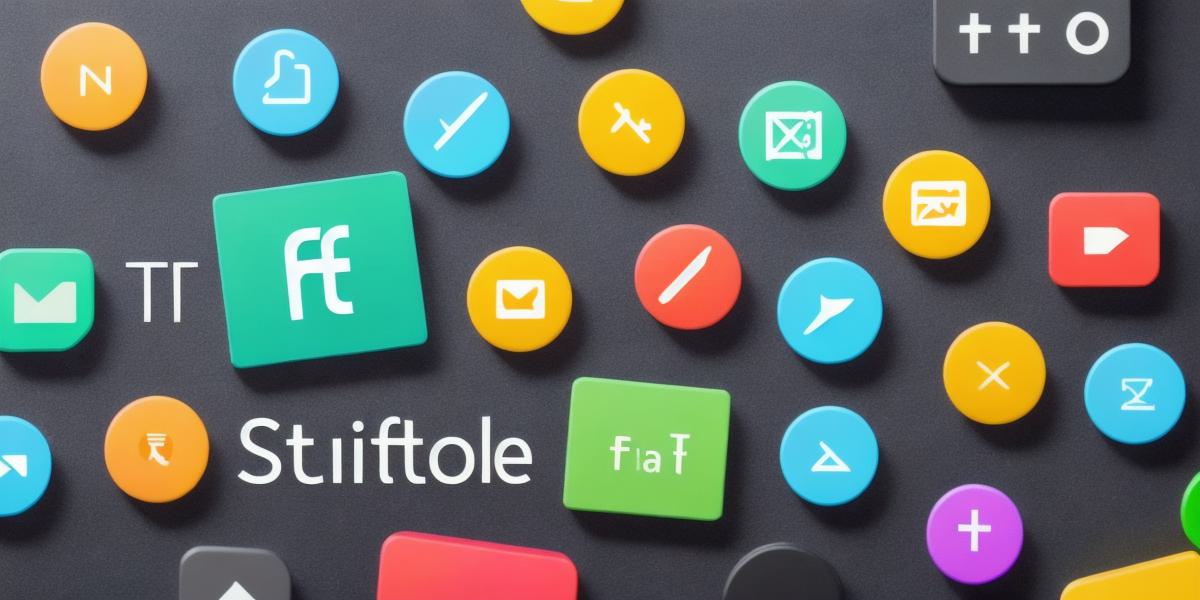Introduction:
Android development has been a popular field for many years, and with the release of Kotlin and Flutter, developers have even more options to choose from when building their apps. In this article, we will compare these two programming languages and explore which one is better suited for Android development.
Kotlin vs Flutter: A Brief Overview
Before diving into the details, let’s take a brief look at what Kotlin and Flutter are.
- Kotlin is a statically typed programming language developed by JetBrains that runs on the Java Virtual Machine (JVM). It was created as an alternative to Java and has been gaining popularity among Android developers.
- Flutter is an open-source mobile app development framework created by Google. It allows developers to build cross-platform apps for Android, iOS, and web using a single codebase.
Kotlin vs Flutter: Which one is easier to learn?
When it comes to learning Kotlin or Flutter, both languages have their own set of challenges. However, in general, Flutter is considered to be more beginner-friendly than Kotlin. This is because Flutter provides developers with a complete development environment that includes everything they need to build an app, from UI components to APIs and data sources. In contrast, Kotlin requires developers to have a good understanding of Java or another programming language before they can start using it effectively.
Kotlin vs Flutter: Which one has better performance?
Performance is an important consideration when building Android apps, and both Kotlin and Flutter have their own strengths in this area. Kotlin is a statically typed language that runs on the JVM, which means that it can be compiled to native code, resulting in faster performance than dynamic languages like Java or Python. On the other hand, Flutter uses a virtual machine called Dart, which can also result in slower performance compared to native code. However, this is not always the case, and many factors can affect app performance, such as the complexity of the app, the hardware used by the user, and the network conditions.
Kotlin vs Flutter: Which one has better tooling and ecosystem?
Both Kotlin and Flutter have a strong community of developers and a growing ecosystem. However, when it comes to tooling and resources, Flutter is currently ahead of Kotlin. This is because Flutter has been around for longer and has more established partnerships with popular IDEs like Android Studio, Visual Studio Code, and Xcode. Additionally, Flutter provides developers with an extensive set of libraries and frameworks that make it easier to build complex apps, such as Firebase, Material UI, and Reactive Streams. In contrast, Kotlin has fewer libraries and frameworks compared to Flutter, but this is changing rapidly as more developers adopt the language.
Kotlin vs Flutter: Which one is better for cross-platform development?

One of the biggest advantages of using Flutter is its ability to build cross-platform apps for Android, iOS, and web using a single codebase. This means that developers can write their app once and deploy it across multiple platforms, saving time and effort. However, this also means that Flutter may not be as good at handling platform-specific features and APIs as Kotlin. In contrast, Kotlin is a language that runs on the JVM and can be compiled to native code for each platform, resulting in better performance and access to platform-specific features.
Summary:
In conclusion, both Kotlin and Flutter have their own strengths and weaknesses when it comes to Android development.
